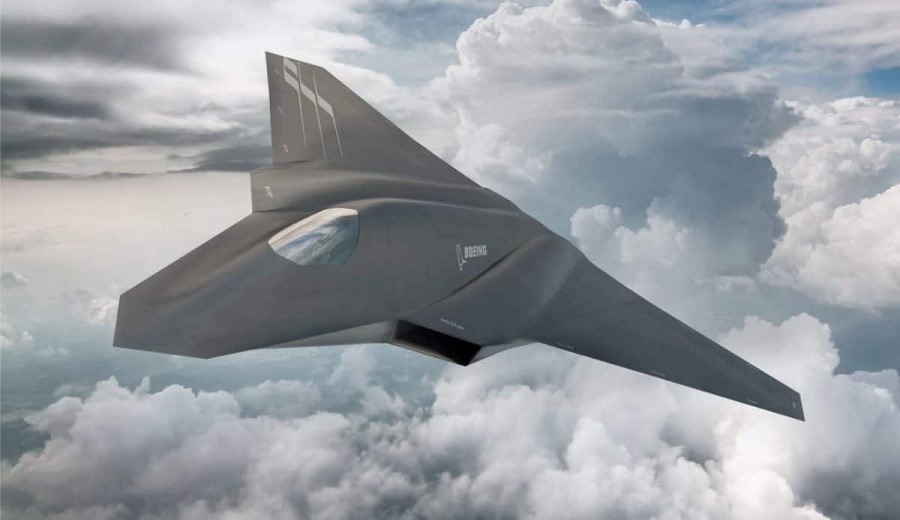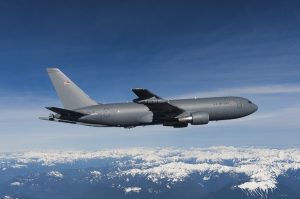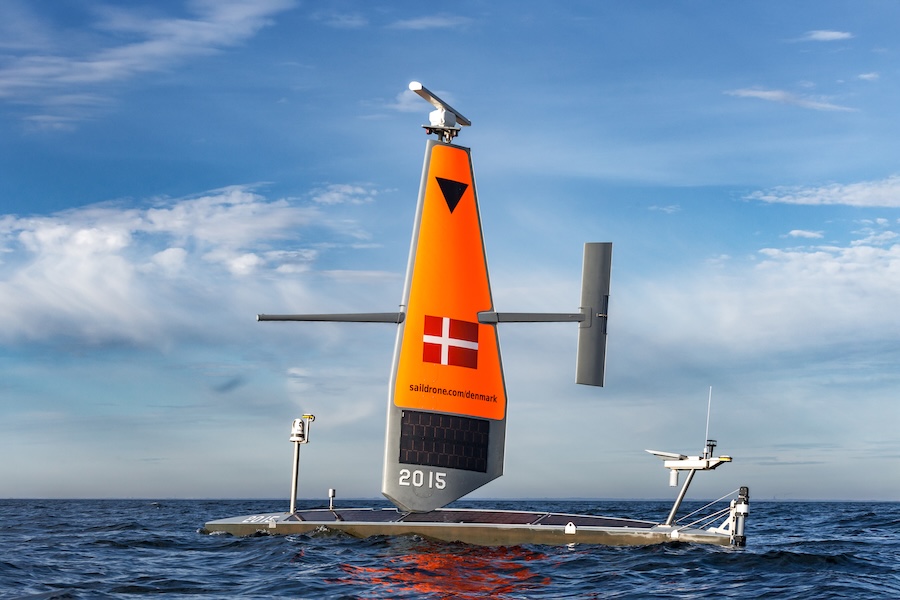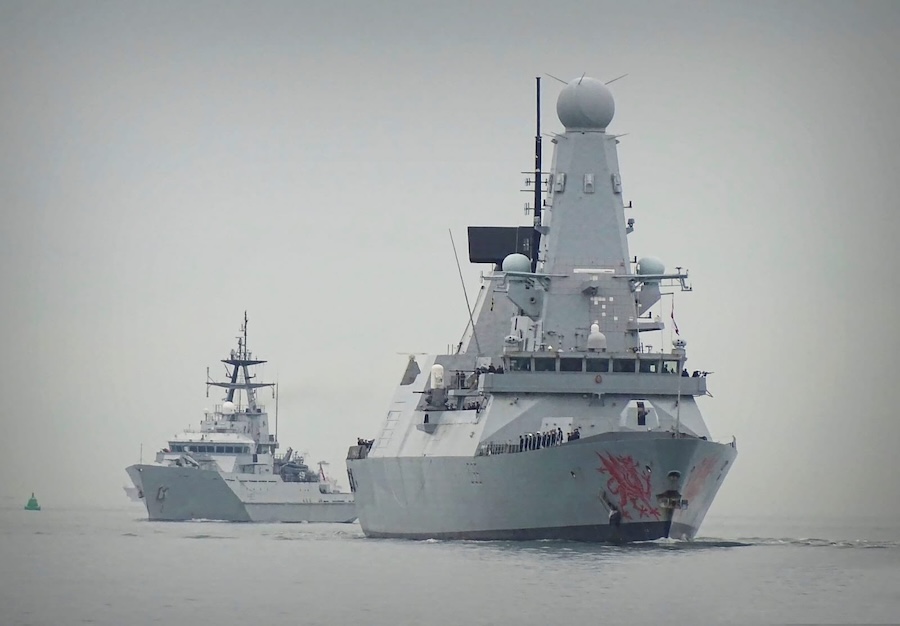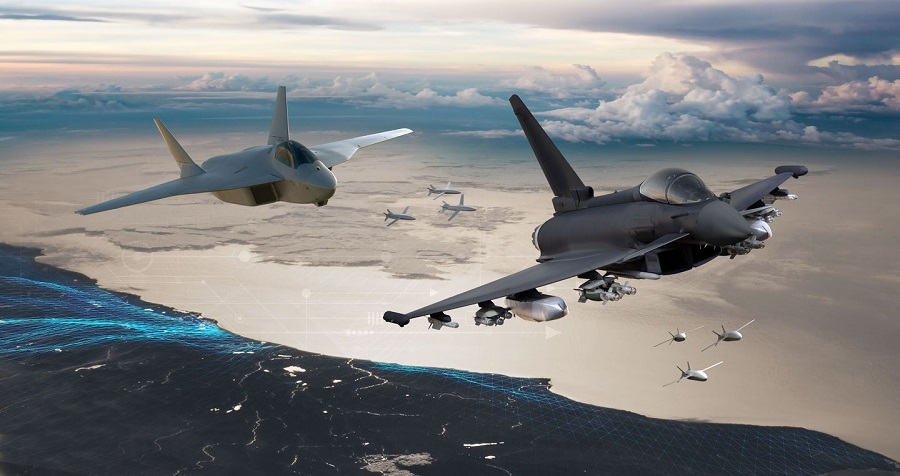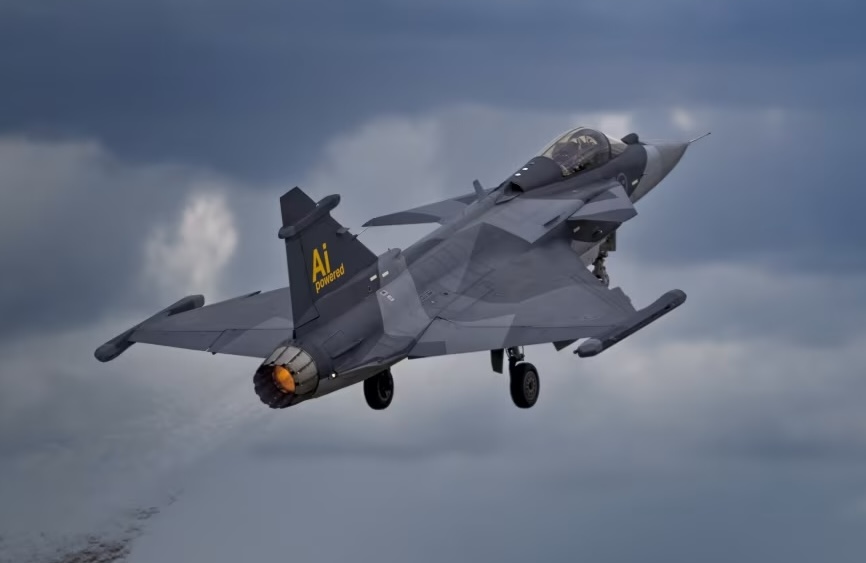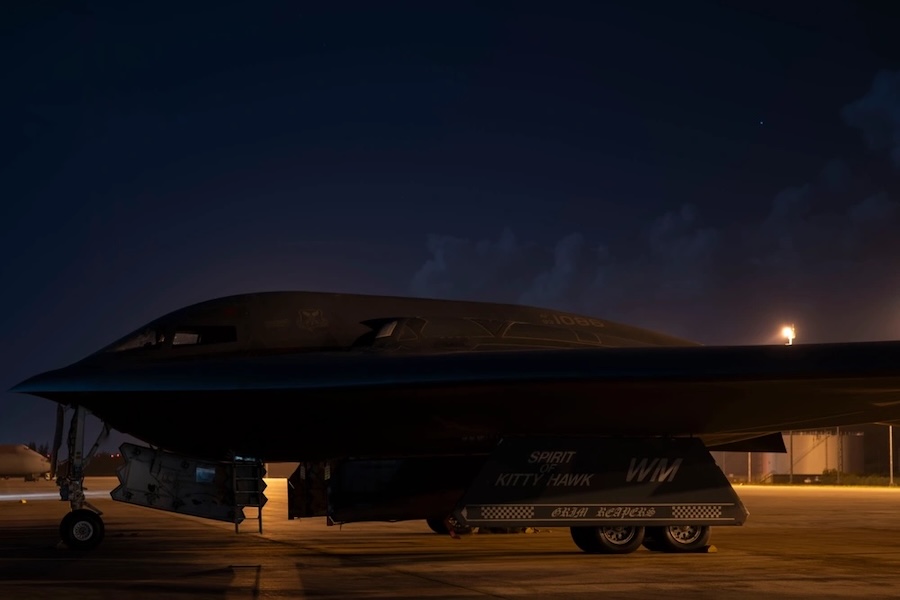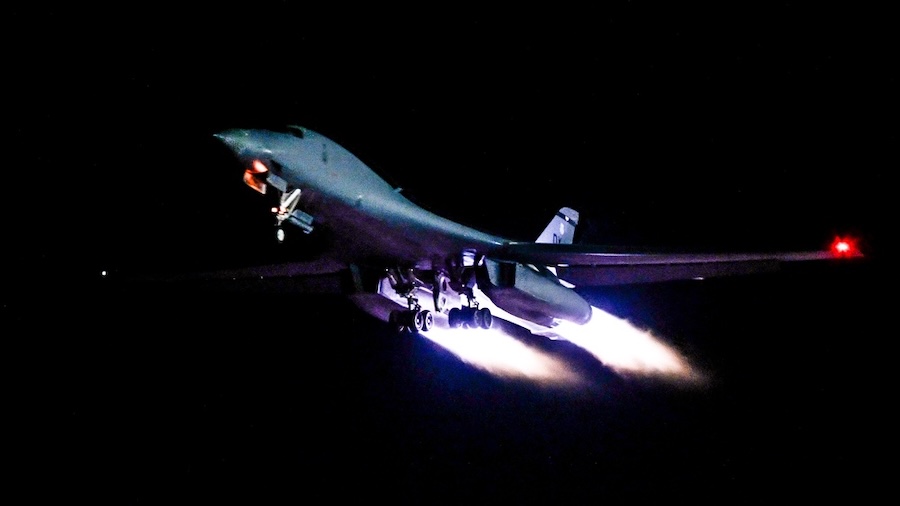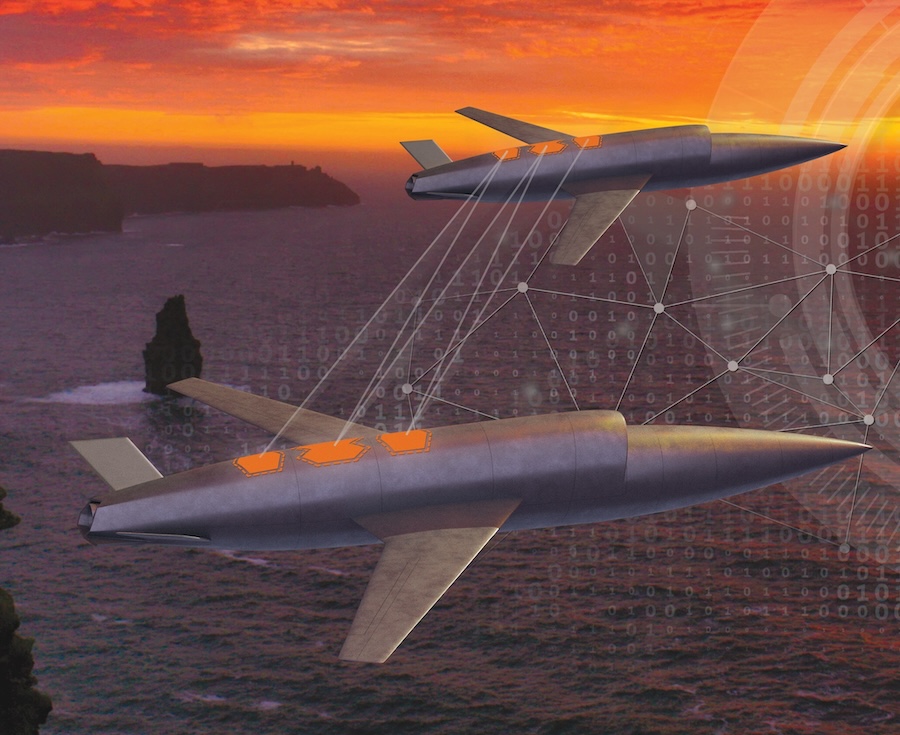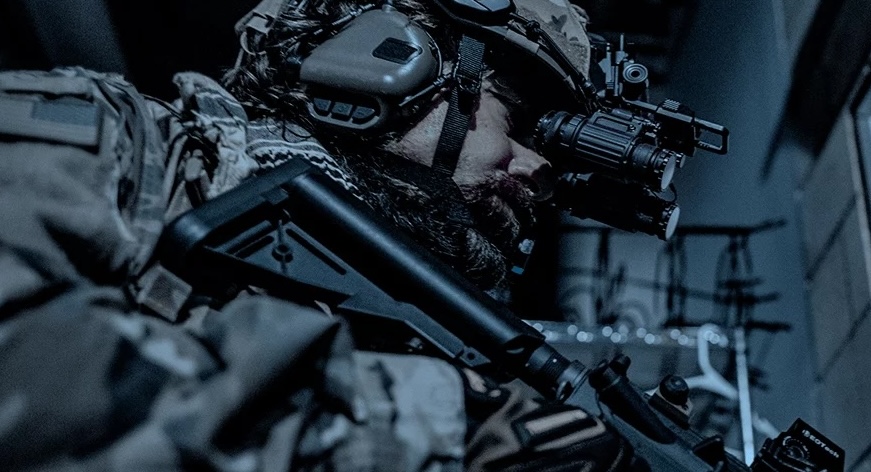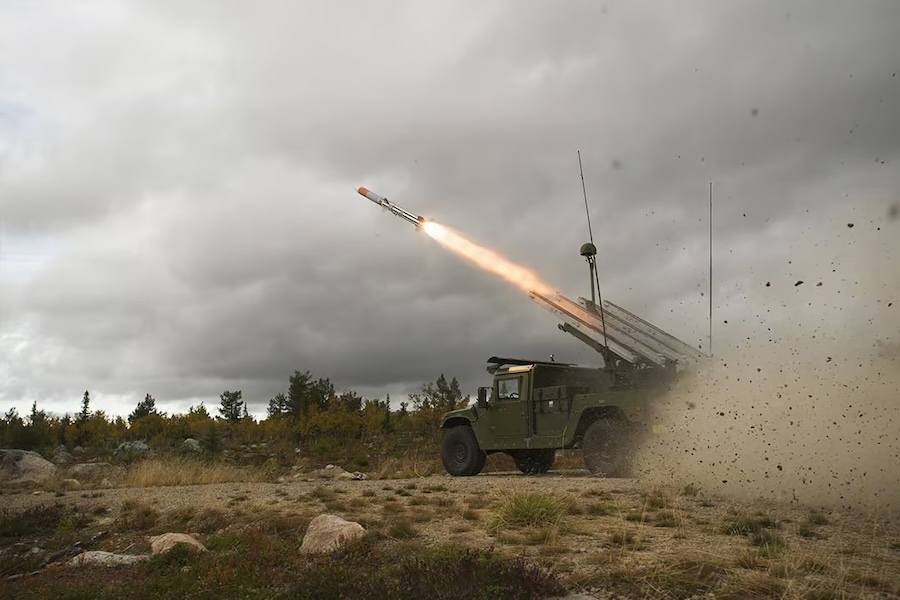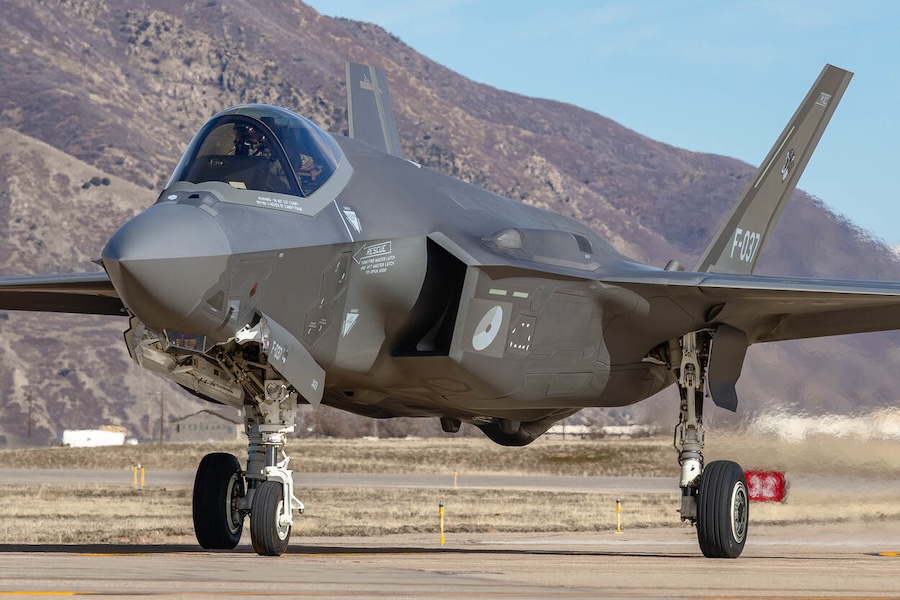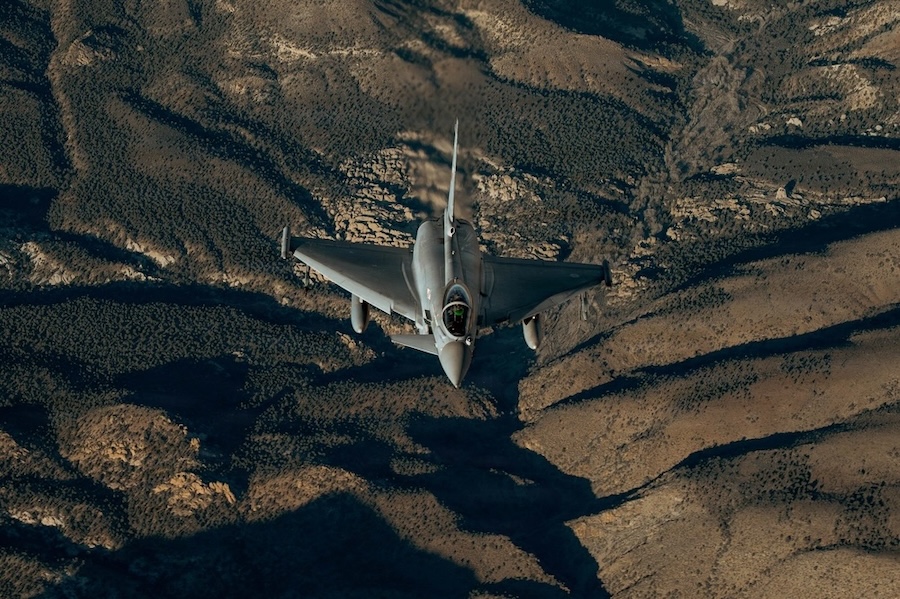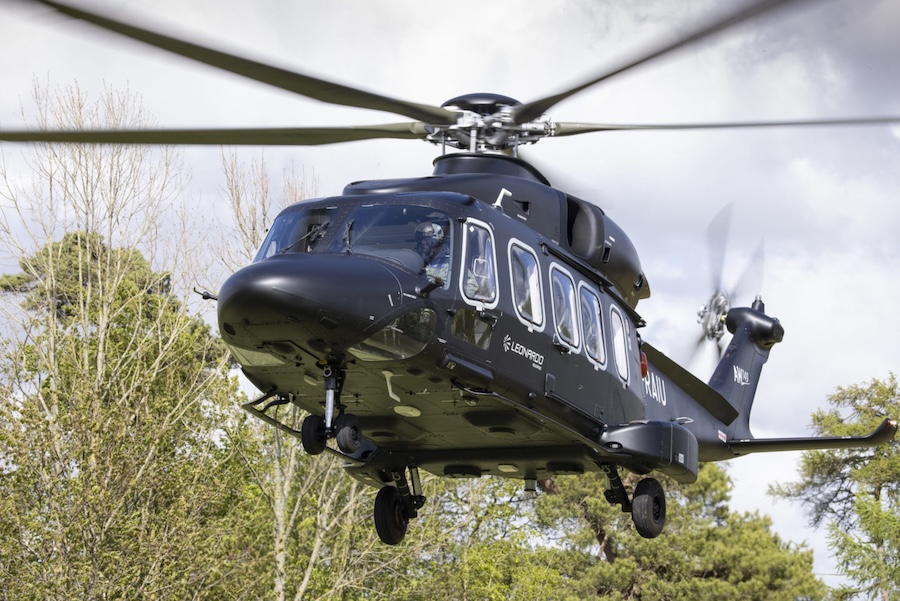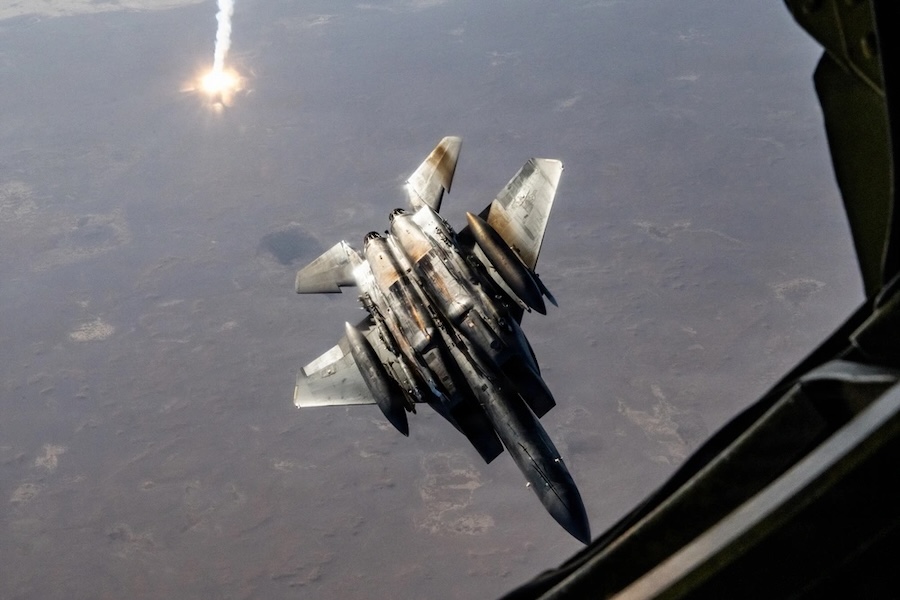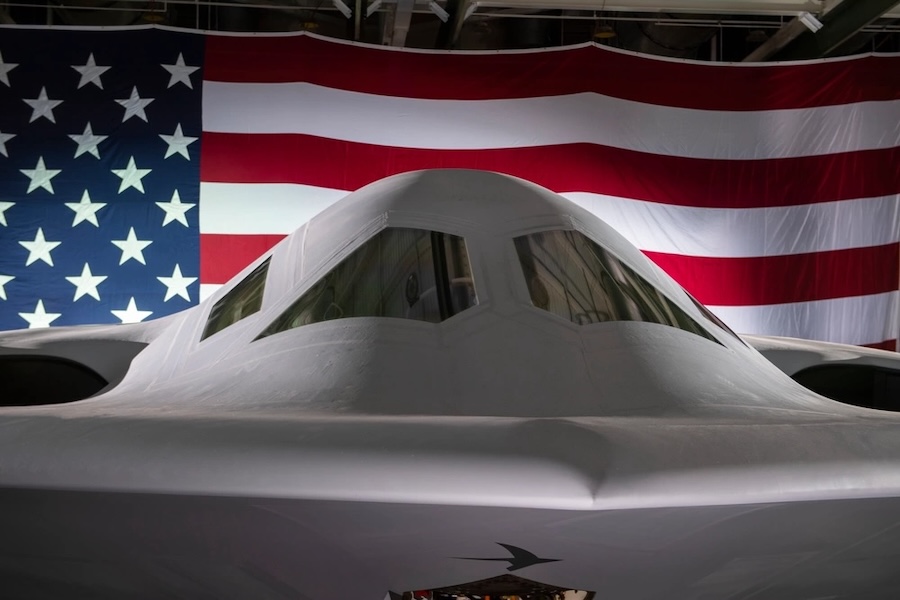In 2020, the United Arab Emirates officially requested to purchase the F-35, though the deal stalled for various reasons. Since then, Morocco, Egypt, and Bahrain have also expressed interest in acquiring the aircraft.
Discussions remain ongoing, but any sale would require approval from Washington. Once the US administration gives the green light, the purchasing country must then submit a formal request for Congressional approval.
Israeli officials caution that if the US proceeds with F-35 sales to regional nations, “Israel may need to reassess its strategy.” Concerns stem from the potential erosion of Israel’s military superiority in a region increasingly equipped with cutting-edge technologies.
Despite the possible sales, Israel maintains a significant advantage through the integration of its own systems into the F-35. These Israeli-made radar and intelligence systems offer enhanced lethality and intelligence gathering capabilities not available in other versions of the aircraft.
However, Israeli defence experts note that any exported F-35s to Arab states may be subject to US-imposed limitations. These restrictions could potentially preserve Israel’s edge, though the extent of such limitations remains unclear.
Meanwhile, Israel’s Defence Ministry is closely tracking the development of the F-47 fighter jet, a sixth-generation aircraft currently under contract with Boeing. The US awarded Boeing a $20 billion agreement, and the jet is expected to enter operational service between 2027 and 2029.
An artist’s rendering of the F-47 was released after former President Donald Trump awarded Boeing the contract. The aircraft, intended to replace the F-22, is anticipated to exceed the F-35’s capabilities.
The F-47 will have a projected range of 1,800 kilometres and speeds above Mach 2. It will incorporate next-generation stealth technology, artificial intelligence, and an expanded range of weapon systems.
Each F-47 unit is expected to cost around $170 million, although the jet remains in the testing phase. No official specifications or export plans have been disclosed so far.
Israel is also preparing for the next US security assistance memorandum following the 2016 agreement valued at $38 billion. Prime Minister Benjamin Netanyahu has indicated that the upcoming arrangement “may include changes that are not necessarily favourable to Israel.”
The Israeli Air Force’s F-35 fleet has proven critical in maintaining air superiority across seven operational theatres. It has played a decisive role in deterring adversaries, including in the so-called “third circle” beyond Israel’s immediate neighbours.
Maintaining this technological edge will be a central demand in future US-Israel defence arrangements. As the region continues to arm itself with sophisticated weaponry, Israel insists that air superiority remains essential to its national security.
Source: Jerusalem Post.


